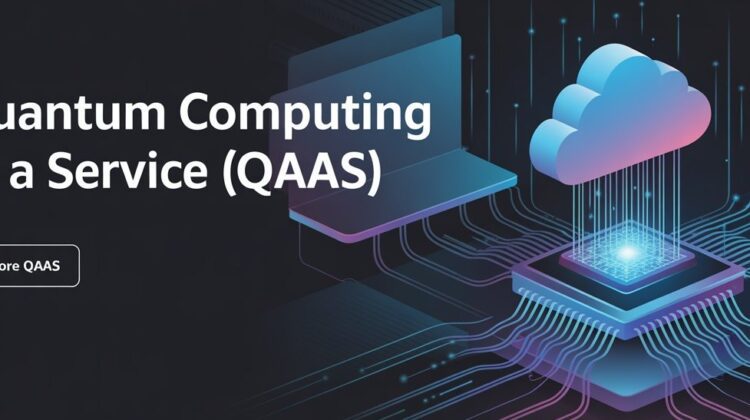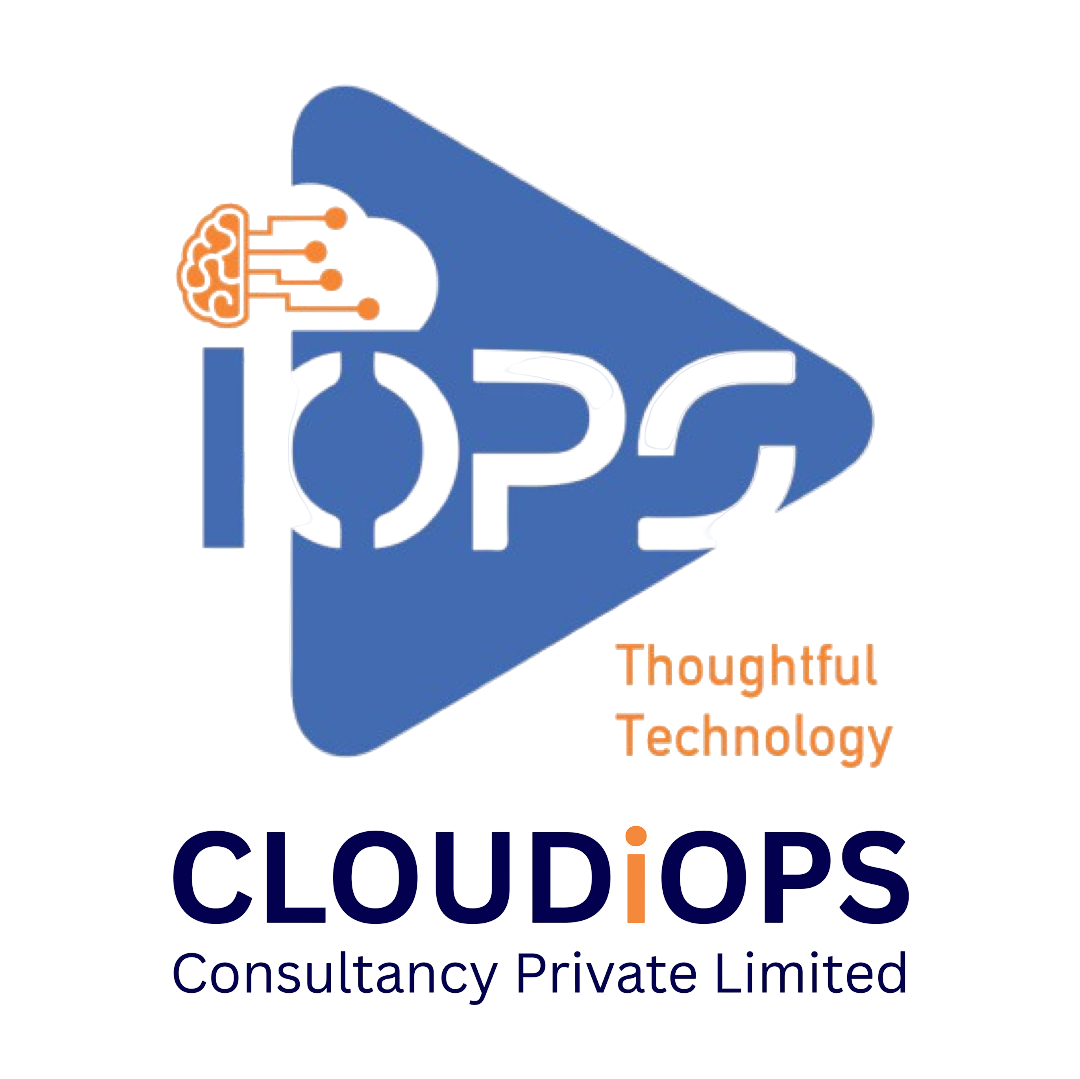
Quantum Computing as a Service (QaaS)
What is Quantum Computing as a Service (QaaS)?
Quantum as a Service (QaaS) can refer to accessing quantum computers through the cloud. Jilted is owning an expensive quantum machine; instead, users connect to one through the cloud, like streaming a movie or using an app online. QaaS works similarly to other “as-a-service” models (SaaS, PaaS, IaaS). So the quantum computing resources are offered by the “cloud” providers, generally under subscription or pay-per-use. The new resource, in contrast, is quantum technology.
For example, IBM, Microsoft, and Amazon offer QaaS through their cloud platforms. When using QaaS, you write your quantum program and send it to the provider’s computer. The provider runs it on real quantum hardware and returns the results to you. This makes quantum computing accessible to students, researchers, and businesses without buying special hardware. QaaS “lets users access quantum computing resources in the cloud… without the need for big investment”. It brings quantum power to everyone via the Internet.
How QaaS Works
- Cloud Access: Users sign up for a QaaS platform (like IBM Quantum or Azure Quantum).
- Quantum Programming: They create quantum algorithms or circuits (often with simple drag-and-drop tools or coding libraries).
- Job Submission: The quantum job is sent over the Internet to the cloud provider.
- Quantum Processing: The provider runs the job on a quantum processor (often cooled to near absolute zero).
- Results Returned: The outcomes (measurements from qubits) are returned to the user.
Because the whole process happens in the cloud, any device (even a laptop or phone) can access quantum computing power. You just need Internet access and an account for the service. QaaS providers often provide simulators, too, so you can test algorithms on a classical computer before using the quantum hardware.
Why Use QaaS? Benefits and Advantages
QaaS offers many benefits, especially for learners and innovators:
- No Big Hardware Purchase: You must not build or maintain a quantum computer. That saves huge cost and effort.
- Pay-as-you-Go: Like other cloud services, you pay only for the time and resources you use. This lowers the risk for small teams.
- Access to Expertise: Providers give access to advanced hardware and software, and sometimes help from quantum experts.
- Scalability: As technology improves, you can scale up your usage. You can start small and use bigger quantum devices when needed.
- Experiment and Learn: QaaS is a great learning tool. Students and developers can experiment with real quantum algorithms remotely. It “double-duty as workforce development” by teaching people how to use quantum computers.
- Collaboration: Teams around the world can work on the same cloud platform. You can share code and results easily.
These advantages lower the barrier for everyone. Even if you don’t have a physics lab, you can try quantum solutions in the cloud. As one source notes, QaaS gives access to specialized hardware, no expensive setup, and options to pay as resources are consumed.
QaaS Providers and Platforms
Many tech companies offer QaaS. Some examples include:
- IBM Quantum: Offers cloud-based access to IBM’s superconducting qubit computers.
- Microsoft Azure Quantum: Provides a platform to run quantum algorithms on various hardware (partners include IonQ, Honeywell, etc.).
- Amazon Braket: Amazon Web Services platform for quantum algorithm design. Braket gives access to different quantum hardware types (like superconducting and ion trap devices).
According to industry summaries, IBM Quantum, Microsoft Azure Quantum, and Amazon Braket are among the main QaaS services available today. (Other players include D-Wave’s Leap for quantum annealing and Xanadu’s photonic quantum computers.) As more companies develop quantum hardware, the choice of QaaS options will keep growing.
Real-World Uses of Quantum Computing
Even though general-purpose quantum computers are still small, QaaS is already useful for certain areas:
- Optimization Problems: Quantum computers can find better solutions for complex puzzles. For example, optimizing delivery routes or scheduling tasks.
- Drug Discovery: Simulating molecules at the quantum level helps in designing new medicines. Quantum simulations may speed up discovering drugs and materials.
- Finance: Quantum algorithms can improve portfolio optimization and risk analysis.
- Cryptography: Quantum computers might break current encryption (like factoring big numbers), but quantum techniques also create new secure methods (e.g., quantum key distribution). With QaaS, researchers can experiment with quantum-safe cryptography.
According to Cloudiops’ research, quantum computing can speed up computations in logistics, pharmaceuticals, and finance. For instance, an airline company might use QaaS to optimize flight schedules, or a bank might simulate complex markets faster. Even fields like climate modeling and AI could eventually see benefits from QaaS.
Analogies and Simple Examples
To understand QaaS, think of simple analogies:
- Rental vs Ownership: Using QaaS is like renting a super-fast car rather than buying one. You only use it when needed.
- Library Computer: Imagine going to a library where a special computer is available for advanced math. You use the library’s computer instead of owning one.
- Vacation Home: QaaS is like staying in a vacation home (quantum computer) on holiday rather than building your own vacation home.
In each case, the key is that you use the quantum resource when needed, without paying the huge cost of building and maintaining it.
Security and Sustainability
Data Security: Quantum computing has two implications for security. On the one hand, quantum computers could defeat today’s encryption, so scholars are developing quantum-resistant cryptography. Quantum methods, on the other hand, offer a possibility to bio-pass or bio-secure optical systems, through a technique such as Quantum Key Distribution (QKD), which can promise ultra-secure communication channels. Quantum key distribution (QKD) sends keys with quantum particles and can reveal any eavesdropping. Basically, it’s sending a private signal that no one else can hear, letting you know if someone might be eavesdropping. As QaaS grows, companies must balance using quantum power with protecting data, often using both classical and quantum security methods.
Green Cloud Computing: Running data centers uses a lot of energy. In fact, data centers already consume about 2% of the world’s electricity. Green cloud computing aims to make this usage cleaner and more efficient. For example, providers invest in renewable energy and efficient cooling. Cloudiops advocates for sustainable cloud architecture, as our [Green Cloud Computing Architecture] article explains. Quantum computers themselves also need cooling (very cold temperatures). Combining QaaS with green practices means designing data centers that can handle quantum hardware without wasting energy. It’s an evolving area, but sustainability is part of modern cloud design.
Conclusion
Quantum Computing as a Service (QaaS) combines two big ideas: cloud computing and quantum computing. In a friendly way, people can tap into super-powerful quantum computers through the Internet without owning one. This lowers the barrier to trying cutting-edge quantum technology. We can use simple cloud servers (AWS, Azure, etc.) to connect far away with IBM’s or Google’s quantum machines. The benefits include easy access, flexible payments, and learning quantum computing skills.



